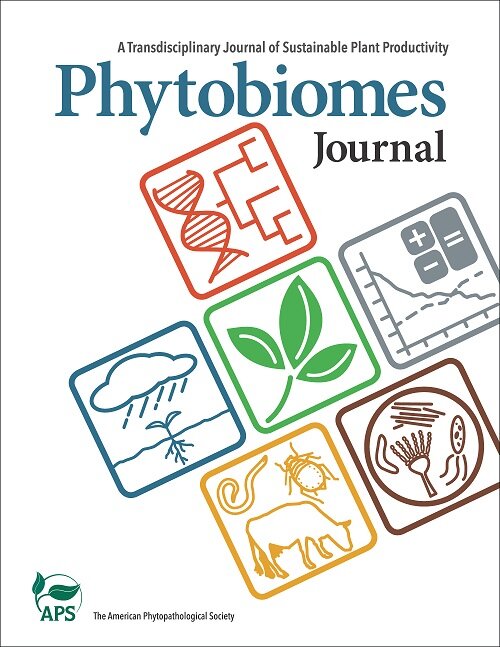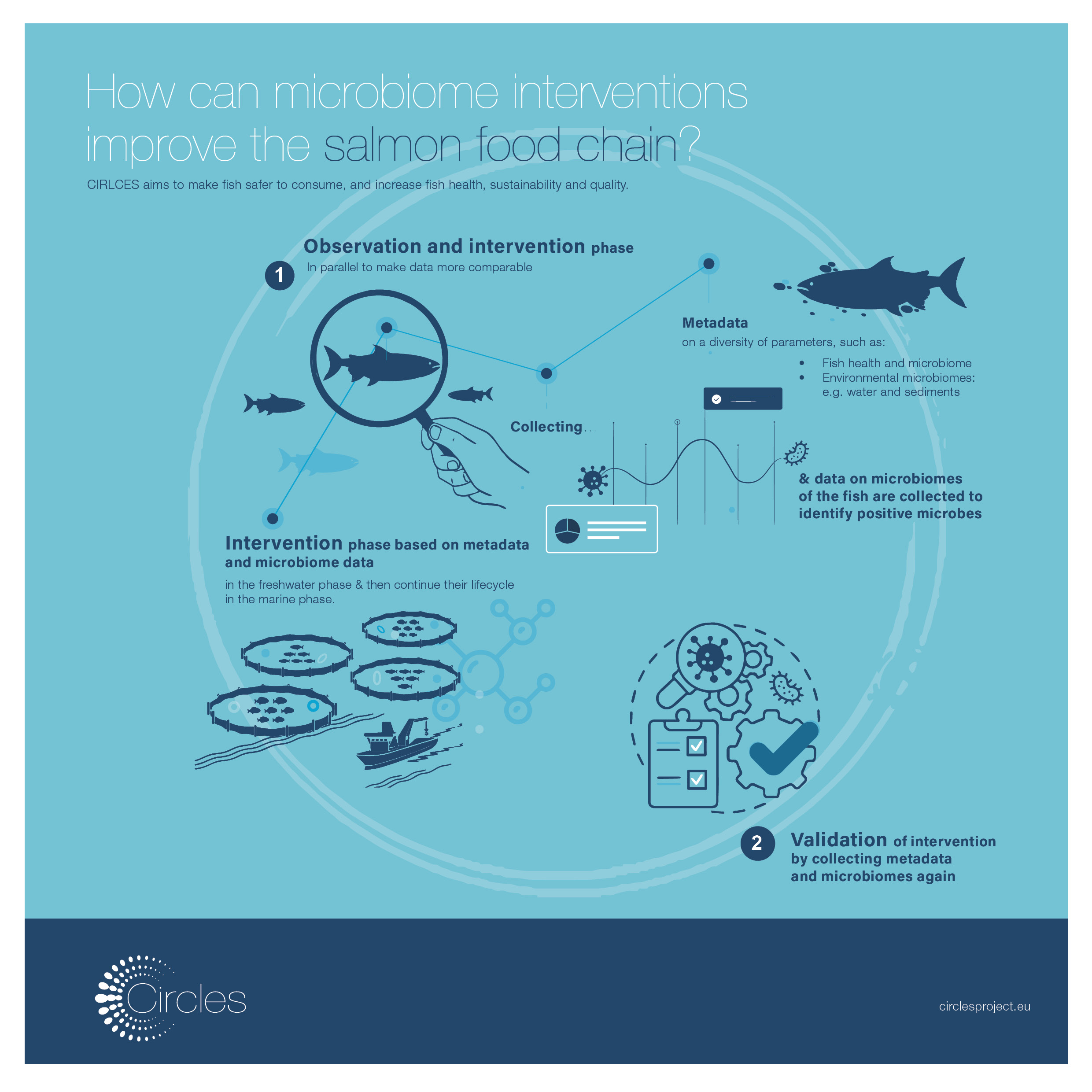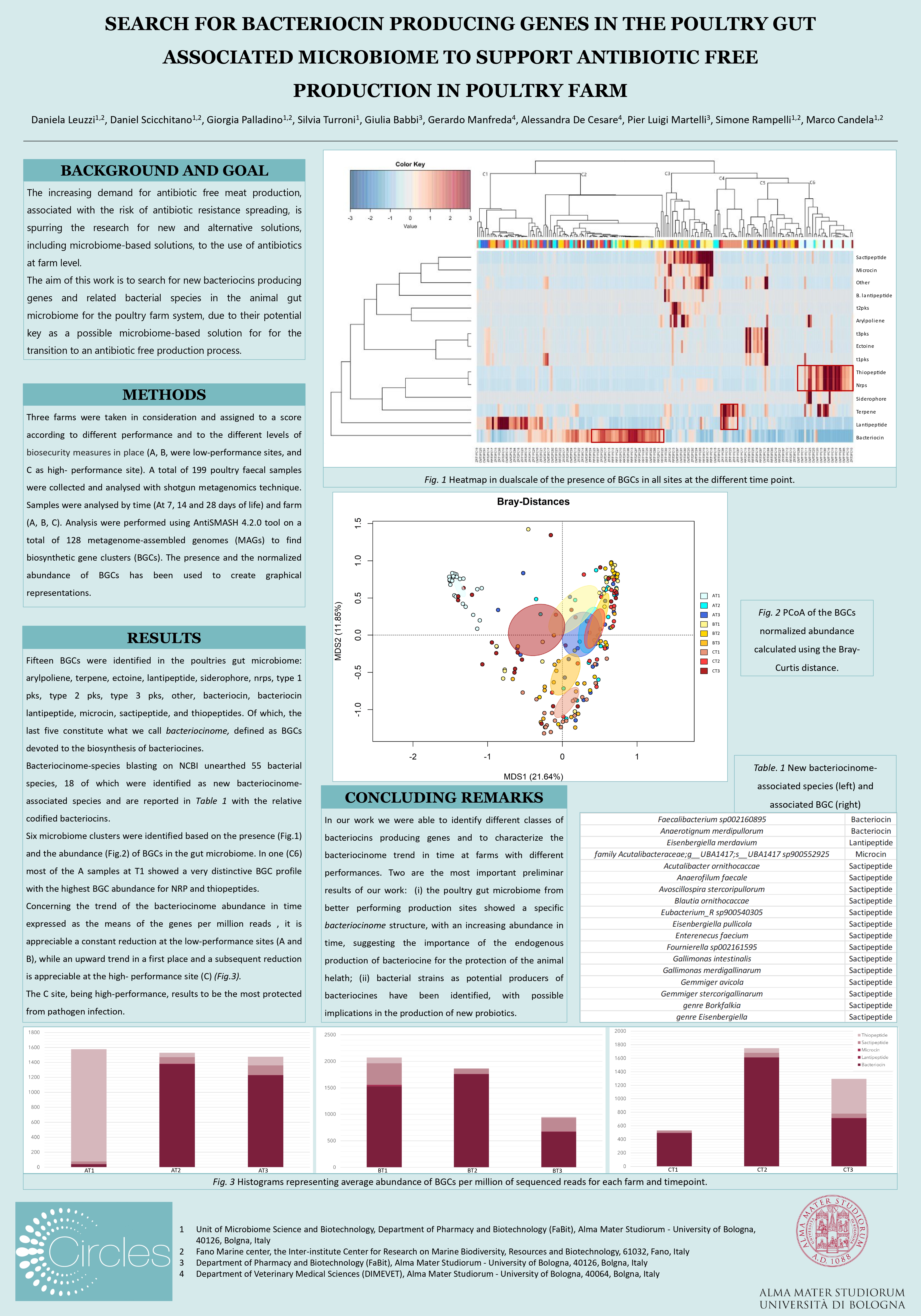Agriculture faces two major challenges, which are intertwined. On the one hand, farming practices in Europe account for 10 % of the greenhouse gas emissions in the EU. Furthermore, European agriculture is the first contributor of methane (CH4) emissions, a greenhouse gas whose release in the atmosphere increases global warming. Consequently, farming practices are required to adapt with a view to mitigating and decreasing their impact on the environment (e.g. erosion, pollution of soil and ground waters). On the other hand, the growing world population requires European farmers to maintain their yields to prevent food security-related issues. Combined, these challenges require European agriculture to do more with less. That’s how research performed under CIRCLES comes with answers.
On 11 November 2019, the American Phytopathological Society published a research article entitled “Nitrogen Fertilizers Shape the Composition and Predicted Functions of the Microbiota of Field-Grown Tomato Plants”, whose methodology and results are direct contributions from CIRCLES to future-proof sustainable crop production.
Communities of microorganisms known as microbiota living in the roots of the plant and in the soil surrounding it might hold the key to sustainable plant crop production. The research led by Dr. Davide Bulgarelli (Unversity of Dundee, UK) explores the impact of the mineral and organic nitrogen fertilizers on these communities using field-grown tomatoes, as a reference crop. The study concludes that depending on the type of nitrogen fertilizer used, there could be a differential impact on the structural and functional composition of the microbiota.
The results reveal insights into the plant’s adaptation to nitrogen fertilizers and the implication for crop yield. The lab-in-the-field approach used in the research promises to play a crucial role in the efficient use of nitrogen and other fertilizing products in agriculture and in the effective exploitation of the plant microbiota in farming practices.
The full publication can be found here.
Note to readers:
The Phytobiomes Journal publishes research on organisms and communities interacting with plants in any ecosystem. It includes scientific work in the areas of microbiology, climate change, ecology, agronomy, and more.
The tomato lab-in-the-field approach is one of the seventh labs-in-the-field envisaged by CIRCLES. Other research performed in aquaculture and plant production are yet to be known! So stay tuned for promising news!






